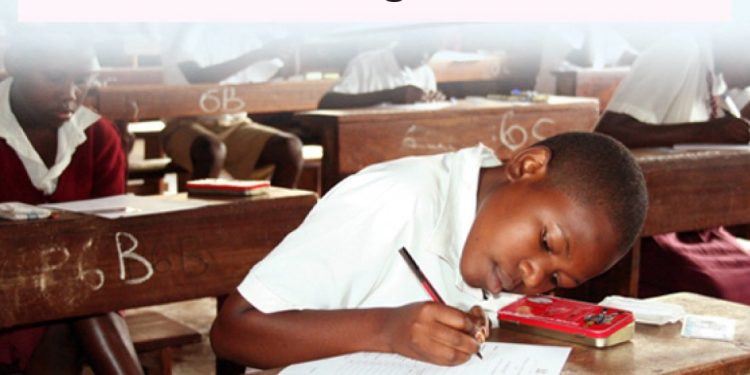Uganda’s education sector has marked a major comeback, with the Uganda National Examinations Board (UNEB) announcing the close of the 2025 national examination registration—reporting a record-breaking 1,415,857 candidates, the highest ever recorded in the country.
The sharp 6.8% increase from last year’s figure of 1,319,139 candidates underscores a strong rebound from the challenges that had disrupted the education system over the last few years, particularly the effects of the COVID-19 pandemic and lingering economic pressures on households and schools.
In an official update, UNEB Executive Director Dr. Dan Odongo confirmed the closure of all registration portals, effectively ending new entries for candidates sitting for PLE, UCE, and UACE this year.
“UNEB will no longer receive registration data for this year’s candidates after the portals are closed,” read the statement.
“Heads of centres are advised to ensure that no learner supposed to sit for this year’s examinations is left out.”
The historic registration numbers are not just statistics—they reflect a hopeful narrative of renewed commitment to learning, improved school engagement, and a determination by both government and communities to re-establish academic continuity.
UNEB has attributed the seamless registration process to the cooperation of school heads and examination centres across the country. Dr. Odongo specifically praised their dedication in observing deadlines and ensuring that every eligible candidate was captured in time.
As Uganda prepares for its largest assessment exercise to date, UNEB is not resting. The board has announced plans to introduce a new SMS-based verification system, designed to give candidates the power to cross-check their registration details independently.
This innovation is expected to reduce last-minute surprises and help correct errors before examination season commences.
While instructions for accessing the SMS system will be shared soon, UNEB says the tool is part of broader efforts to digitize and demystify the examination process, ensuring that even candidates in remote areas have the confidence and clarity they need heading into the exam season.
With the administrative leg now behind them, UNEB’s focus shifts to the logistics of exam paper preparation, dispatch, and supervision—a critical phase that will determine the smooth execution of the national exams across thousands of centres.
Beyond the numbers, the 6.8% growth in candidature speaks to a deeper story: one of resilience, renewed parental involvement, policy reinforcement, and a collective will to safeguard education as a national priority.
As the countdown to the 2025 examinations continues, stakeholders across the board from schools to families, district leaders to UNEB officials will be looking to ensure that this historic registration milestone translates into equally remarkable results in learning outcomes and equity in access.



















